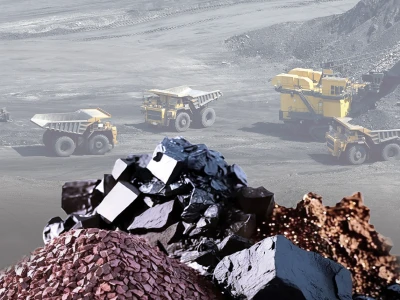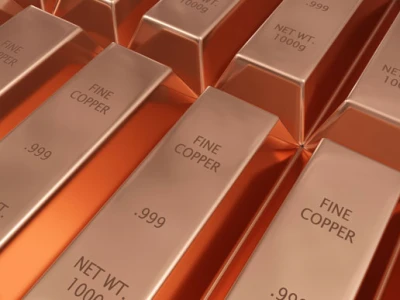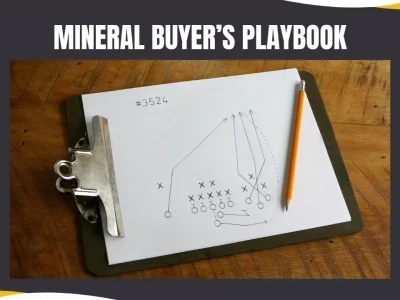Anglo-American sells coal assets to Peabody for $3.8bn
Anglo American (LON: AAL) has agreed to sell its remaining steelmaking coal mines in Australia to Peabody Energy (NYSE: BTU) for up to $3.8 billion, as part of a sweeping restructuring plan announced in May.

The sale would mark the first of four major divestments Anglo committed to as it fought off a $49 billion takeover approach from BHP (ASX: BHP), the world’s biggest miner. The plan focused on divesting from diamonds by spinning off or selling its 85% stake in De Beers, the world’s largest diamond producer by value. It also included restructuring its nickel, platinum and coal operations.
The sale covers five coal mines in Queensland, including Moranbah North, Grosvenor, Aquila and Capcoal. Collectively, the Bowen Basin-based operations produced 16 million tonnes of steelmaking coal in 2023. These assets attracted interest from more than a dozen potential buyers, Anglo said.
The transaction, expected to close by the third quarter of 2025, follows the miner’s sale in October of its minority stake in an Australian coal mining joint venture for A$1.6 billion ($1.1bn).
“The sale of our steelmaking coal business is another important step towards creating a world class copper, premium iron ore and crop nutrients business,” Anglo chief executive officer, Duncan Wanblad, said in the statement.
The deal includes $2.73 billion in cash, with $2.05 billion payable upfront upon completion and $725 million deferred in installments over the next four years. Anglo could also receive up to $550 million depending on coal price benchmarks and $450 million contingent on the reopening of its Grosvenor mine, the company’s larger coal assets, which was halted in June following an underground gas explosion.
For Peabody, the acquisition positions it among the leading producers in the seaborne steelmaking coal market. Currently, the BHP Mitsubishi Alliance joint venture and Glencore (LON: GLEN) are the dominant players.
It also marks an exceptional turnaround for Peabody, which filed for bankruptcy protection in 2016 along with several other US coal miners impacted by low natural gas prices. Since then, the company has focused on expanding its presence in the steelmaking coal market, including an attempt to acquire other Australian assets in 2022.
“This transformative transaction presents a rare opportunity for Peabody to acquire premier steelmaking coal assets at a compelling valuation as we reweight our portfolio toward seaborne metallurgical coal,” Peabody President and CEO Jim Grech said in a separate statement. “The transaction is strategically aligned, immediately accretive and highly synergistic, positioning us to better serve the best metallurgical coal demand centers in the world. This transaction gives us a strong foundation to position the company for long-term success.”
With its acquisition of coal mines, Peabody’s combined US-Australia production is projected to increase from the current 10.6 million short tons per year (mn st/yr) to an estimated 11.3 mn st/yr (10.25 million tonnes) by 2026, according to the company. This growth will strengthen Peabody’s position in the premium hard coking coal (PHCC) market.
Alongside the sale of assets to Peabody, Anglo has agreed to sell the Dawson mine in Central Queensland to Indonesian mining company PT Bukit Makmur Mandiri Utama (BUMA) for $455 million.
These transactions come against the backdrop of a challenging market for coking coal prices. After peaking at $336.50 per tonne (fob Australia), the price of premium low volatile coking coal declined steadily this year, reaching $176.50 per tonne in September. It has since rebounded and hovered around the $201–$208 per tonne range through most of November.

Nickel and De Beers Next
Wanblad noted the rest of the announced divestments were “well underway.” The demerger of the company’s platinum interests is expected to be completed by mid-2025, and the nickel business has already attracted “strong interest.”
He added that the De Beers diamond operations would follow the nickel divestment.
“We expect De Beers to follow, recognizing its unmatched industry and brand position, as well as the progress made in collaborating with stakeholders to position the business for long-term success. We are working towards separation to unlock value,” Wanblad said.
https://www.mining.com/










.j_s_thumb.webp)

